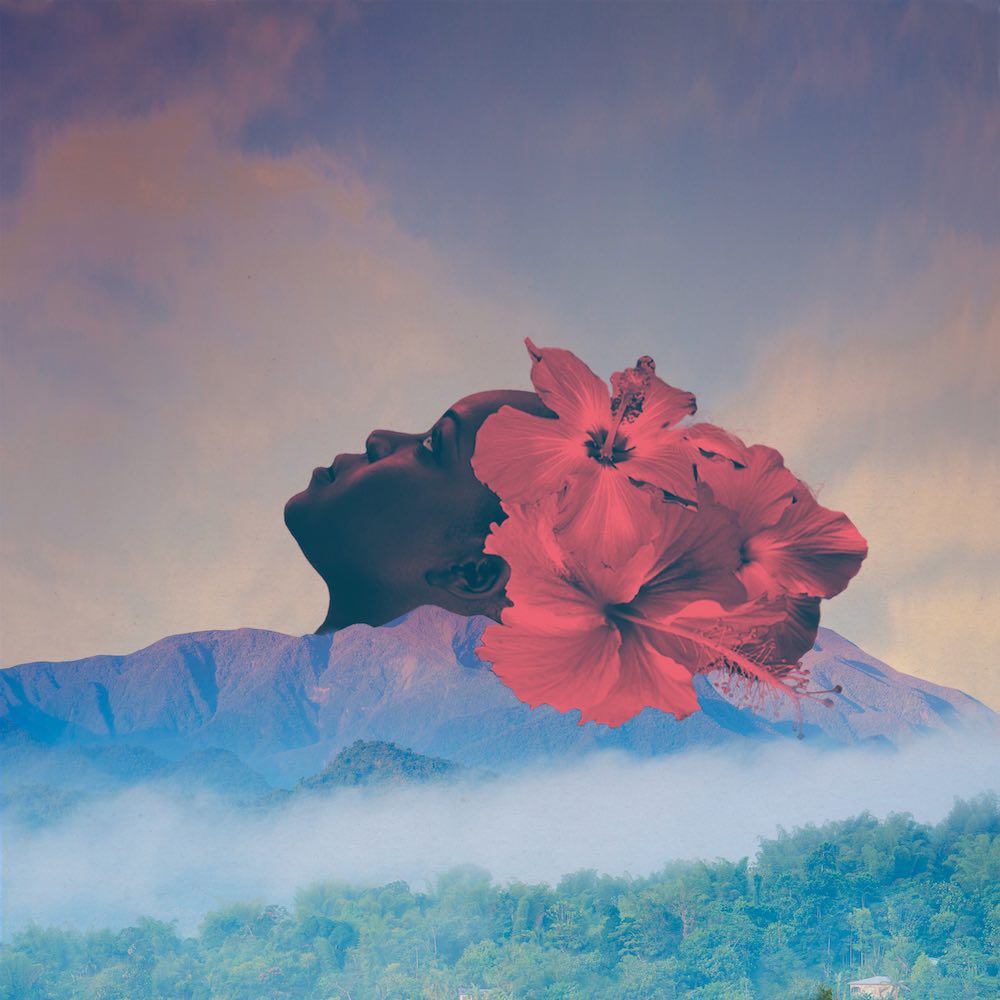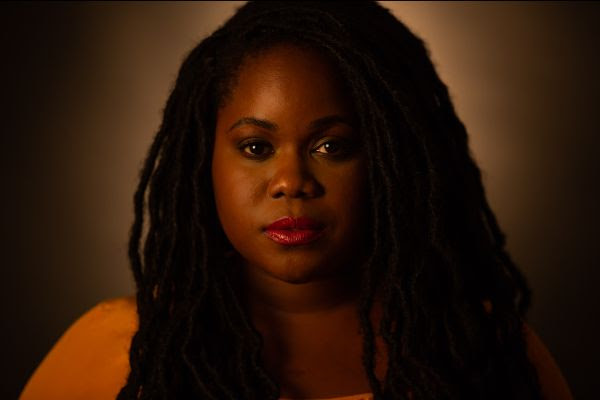The London-born singer’s new album, Songs of an Unknown Tongue, is the outcome of a journey back into her ancestral homeland of Jamaica, where she regained her roots, confirming her dazzling career on her fourth album, heavily influenced by electronic music.
What personal relationship did you have with Jamaica before this long trip?
Jamaica is the place where I spent many school holidays being with my grandmother and family. Experiencing country life. I had an affinity to Jamaican country life as it was a stark contrast to my London life.
How did you embark on this research for your album?
I was very interested in exploring Early Jamaican folk music in particular with in the intention of finding out what music was common pre 1900’s. I initially spoke to the folk music expert Marjorie Whylie who told me about these folk traditions such as Dinki Mini, Kumina, Bruckins, Revival and Etu to name a few. On my next trip I went to the University of the West Indies in Jamaica, the Institute of Jamaica and the National Library to read more and hear excerpts of the music and get more context of how the music was used within various Folk traditions.
Bruckins, Dinki Mini, Revival, Kumina and Nyabinghi… What are all these early folk traditions about?
These traditions are associated with different things. For example; Bruckins is a celebration of Emancipation Day. Dinki Mini is performed during the Nine Night celebrations after the death of person.
Many of the songs in the album speak about history and are just as relevant today. Can we consider this a decidedly more political album?
Songs of an Unknown Tongue explores how past, present and future are intertwined in a perpetual state. It’s a celebration of self, identity, the past, and moving forward. It explores how the effects of colonialism resonates within my life today. Self-exploration is a common theme across my albums.
What’s the meaning of the album’s title? Is it the affirmation of a “new language” as the Caribbean is a culture apart?
The album title is about re-learning the past to inform the future, regaining knowledge and ownership of histories that have been lost and nods to the losses that have been inflicted upon black history and black identity.
What consequences did all this preparatory work have on the music?
This prep work was the catalyst to explore bringing together the early jamaican folk sounds with more current electronic sounds. Its was also a way of combining the essence of jamaican experiences with the essence of my London life.
We replicated the jamaican folk rhythms on live percussion, then sometimes replaying the live percussion into the computer to create digital prints of the rhythm to then explore more synth/electronic sounds with the original rhythm. Lyrically and melodically I chose to utilise the themes of call and response, story telling and various subject matter inspired directly by the folk traditions, as well as Caribbean history and my own personal perspectives as a black British woman were explored.
Indeed, what is your view on the reexamination of colonial history, on the manifestations of assertion of the black share, following the assassination of George Floyd and the Black Lives Mater movement?
I am an advocate for implementing a 360 approach when it comes to black history particularly when it comes to engaging with colonial history within educational systems.
Songs of an Unknown Tongue, Brownswood Records / scheduled on July 17, 2020





